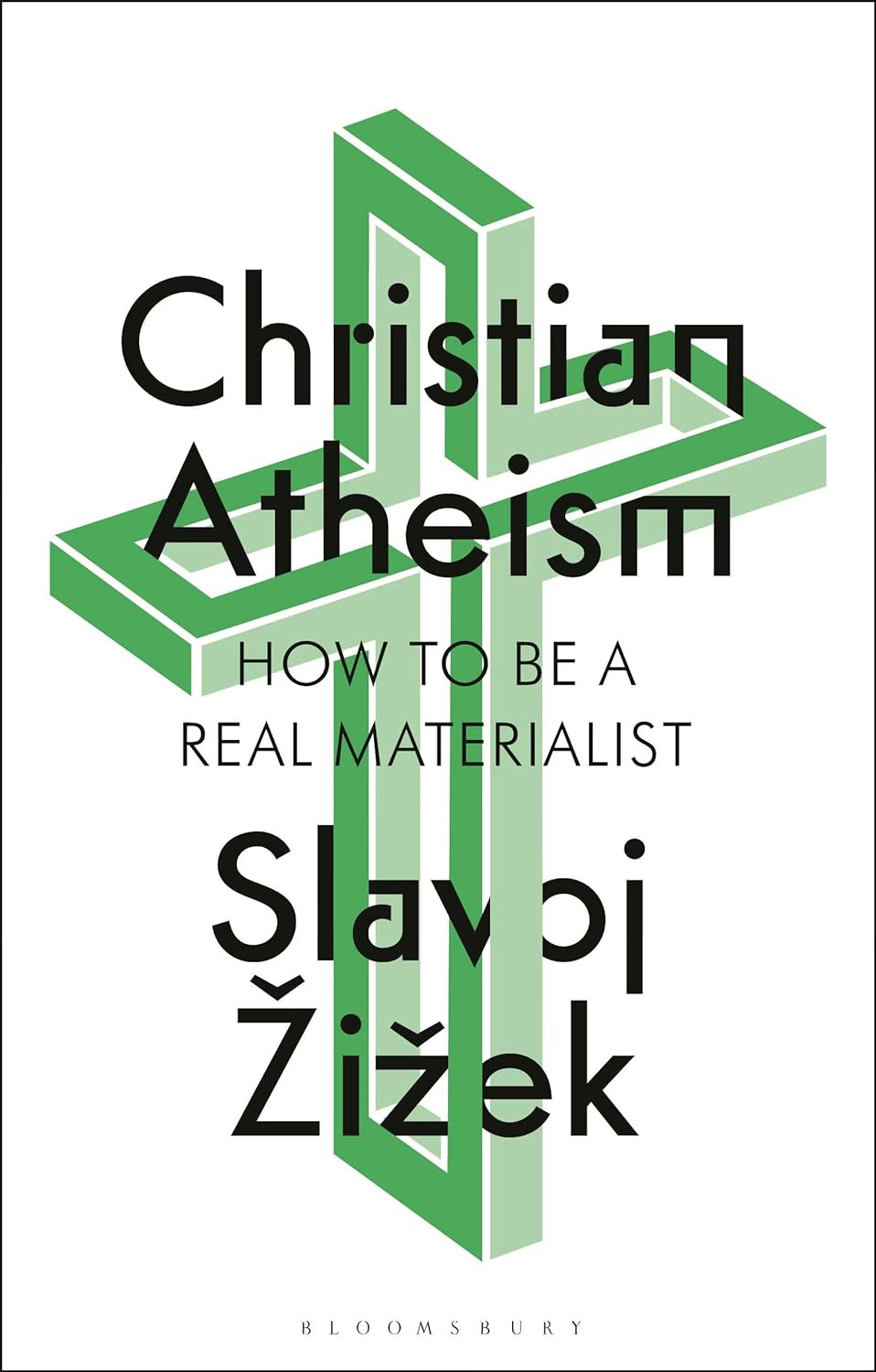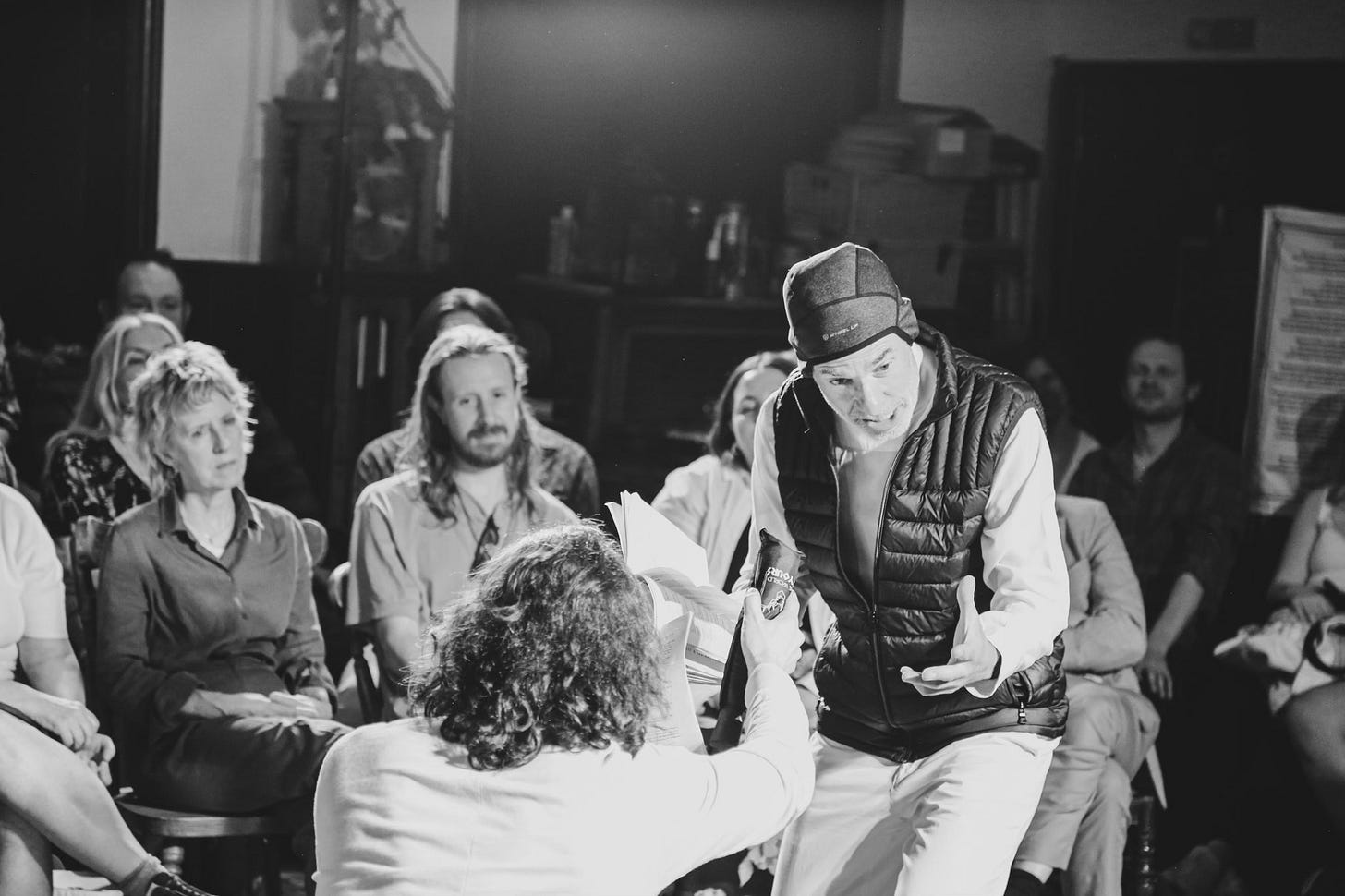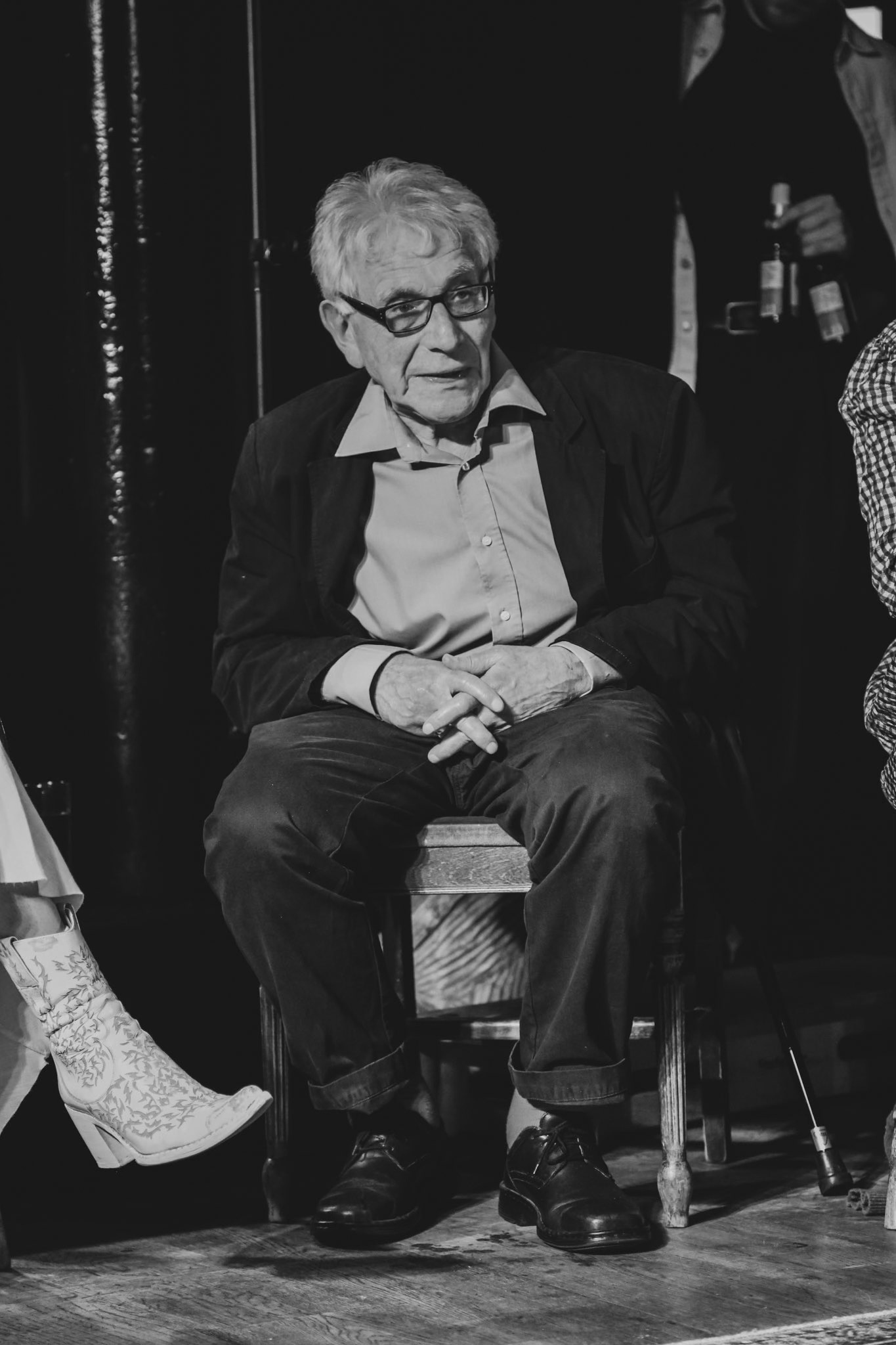My colleague and Compact Founding Editor, Matthew Schmitz wrote a thought-provoking piece this week on the changing nature of “midlife” that prompted a few reflections. Schmitz argues that
The midlife crisis was a problem of the privileged—a recognition that something was wrong in a life in which everything seemed right. The crisis endures, but the conditions have been reversed. Baby Boomers were raised to expect happiness in domestic life. A man’s career and a woman’s wifely duties served the household gods. My generation received very different instructions. It’s not as though Sex and the City was urged as a guide to life. But we were told to find ourselves and establish ourselves professionally before settling down.
One thinks of Kevin Spacey’s character, Lester Burnham, in American Beauty (1999), who is 42 (Spacey was 39 at the time), but almost unrecognizable compared to many adults in their 40s today. Spacey is over-worked, married for a long time and father of a surly teen. Gen Xers like myself (Schmitz references the Gen X character in Joachim Trier’s 2021 The Worst Person in the World, which I discussed with Benjamin Studebaker on our podcast The Lack last year) are often heavily into culture—music, comics, books, games—at the expense of more adult commitments, engaging instead in what Schmitz calls a “second adolescence.”
I’ll admit that my life is very different to that of my parents—they married at 23, remain together 50-plus years later, have lived in the same village since the end of the 1970s, had two children and are committed to hard work and community. My brother more-or-less emulated them, though he married and had children perhaps a decade later than my parents did. I, on the other hand, have run around studying, teaching, working, thinking and writing with few ties (though I will return to look after my parents if they need me, and would also move to help my brother and his family). All choices have tradeoffs, naturally: my relative independence comes at the cost of not having my own family.
When I hear people younger than me, Millennials, now in their early 40s, desperate to start a family but feeling unable to do so because of economic constraints, I feel both angry and sad. Schmitz notes that there is a further and inescapable asymmetry, namely that: “Men have much more time on their clocks, a fact that allows millennial males now entering middle age to defer any deliberation about what they want out of life. Instead of a second adolescence, they seem determined to enjoy perpetual adolescence.”
If we cannot help people who want families to achieve the markers of adulthood, we will face as a society an enormous amount of sadness. Any politics worthy of our young people will encourage family life where it is desired: not through painful and ineffective technologies, but by a more realistic attitude to life as such.
Latest pieces in Compact
This week, we began with a piece from Compact Founding Editor, Sohrab Ahmari, on how economic exploitation and exposure to illness go hand in hand, in agriculture but in many other low-wage industries. Ahmari writes: “A potential viral epidemic is being made worse by the gross exploitation of low-wage workers imported into the US homeland.”
Continuing our focus on unions, Alex Hogan discuss United Auto Workers recent activities, noting that “the UAW’s current campaign may prove to be the most consequential yet, if it succeeds in overcoming the labor movement’s greatest obstacle: organizing the South.”
Valerie Stivers read Honor Levy’s short story collection, My First Book, and found it compelling: “She has created something unique: an internet language in which to speak of the internet.”
Hamilton Craig covered “the rising GOP star and 2024 vice-presidential contender,” Elise Stefanik, noting that “for Stefanik, becoming more MAGA has really meant falling in line with the policy preferences of the old GOP lobbying organization that poured money into opposing Trump in 2016 and led efforts against his steel tariffs.”
Finally, our long read this weekend is the estimable John Milbank on fellow Compact contributor Slavoj Žižek’s latest book Christian Atheism: How to Be a Real Materialist.
Nina Recommends
Another sterling reading by The Base Creates theatre group at the Tea House Theatre in Vauxhall. This time we heard Vladimir Mayakovsky’s “The Bedbug” from 1928-29. Half-satire, half sci-fi, the play takes aim at the NEP era, and the Russia of 1928. As Patricia Blake puts it: “His villain is Prisypkin, the bedbug-infested, guitar-strumming, vodka-soaked vulgarian who is the proud possessor of a Party card and a proletarian pedigree.” Resurrected in 1978 by Communist scientists, Prisypkin’s habits are completely foreign to a bureaucratic, rationalist, hygienic age. Mayakovsky’s play is curious, but points to human behaviour—vice, selfishness as well as a tendency to order and crush life—that capture some of the contradictions of life in the Soviet Union and the clash between reality and idealism that characterizes so many twentieth-century political projects.
We were fortunate to have a response to the play, and an outline of Soviet art during Mayakovsky’s all-too-brief life by writer and critic Zinovy Zinik. Zinik made the point that much of what we associate with the Soviet avant-garde pre-existed the October Revolution, and was repurposed, often opportunistically, by artists in some cases keen to get on board with the political programme, others perhaps more cynically. As arts funding in the UK becomes ever more tied to identity and the “right line,” it is hard not to see parallels between the Soviet Union and the current political situation. One feels very fortunate that there are people putting on performances and speaking in public in ways that cut against the superficial pieties of our own time.










